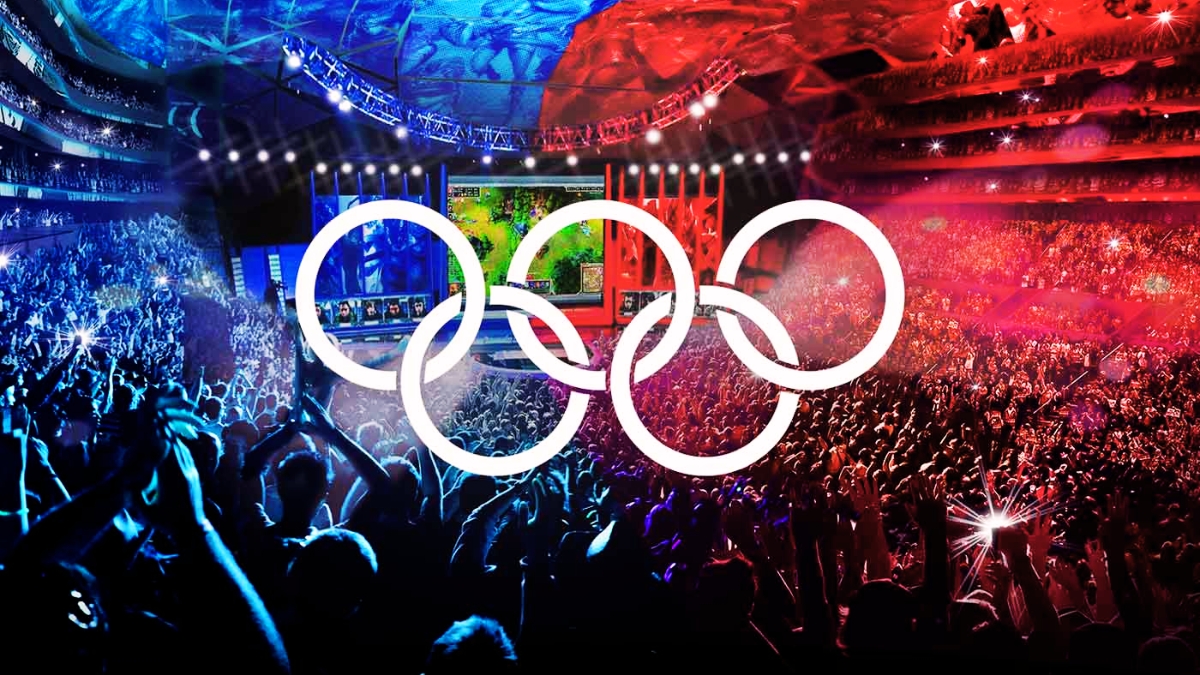The emergence of esports in recent years has captured a global audience, engaged millions of devoted fans, and generated significant money. While some may see esports as a danger to traditional sports, it is critical to recognise the two’s mutually beneficial relationship. Esports has not only introduced technological innovation to the sporting world, but it has also created new opportunities and broadened the reach of traditional sports.
Esports has transformed the way we interact with sports by incorporating cutting-edge technology. Traditional sports have benefited from this technological infusion, which has improved the viewing experience and attracted a younger audience. Augmented reality, virtual reality, and advanced analytics have made their way into traditional sports broadcasts and training methods, giving viewers and athletes new insights and experiences. Furthermore, esports events have encouraged developments in streaming technology, which benefits traditional sports broadcasting by providing more efficient and immersive coverage.
The greater equality and accessibility that esports provide is one of the most significant benefits of esports over traditional sports. Esports offers a minimal barrier to entry, with everyone, regardless of physical abilities, able to participate and demonstrate their skills. This has cleared the way for the development of adaptable technologies and programmes in traditional sports, allowing people with disabilities to participate and flourish. Furthermore, by crossing geographical barriers, eSports has broadened the reach of traditional sports. Online competitions and streaming platforms allow fans all around the world to participate in sports that they might not have had access to before, building a global community of followers.
Esports and traditional sports both have loyal followings, and their interaction has resulted in a cross-pollination effect. Through exposure to connected games and events, many esports enthusiasts are becoming lovers of traditional sports. Similarly, traditional sports fans are becoming more interested in eSports and getting an appreciation for the abilities and strategies involved. The combination of fan bases has the potential to enhance overall interest in both arenas as well as attract new sponsors and investments, benefiting the overall expansion of sports.
Conclusion
Esports and traditional sports have been found to be rivals rather than enemies. Traditional sports have benefited from technical innovations, accessibility, diversity, and a larger fanbase as a result of esports, assuring their continued significance and progress in the digital era.





